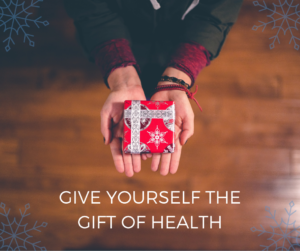“It is better to give than to receive.” isn’t just a quote. There is truth to this adage, proven by the medical world.

Some studies have shown similar benefits for those who volunteer their time. Making a social connection with others who believe in the same causes improves health. The benefits of volunteering have been found to be greater than taking up exercise or giving up smoking.
An example is Steve who is newly retired; he anticipated days of relaxing in the Bahamas each winter. After only a few years of being retired, Steve was dealing with depression. It was suggested he try volunteering. His initial reaction was, “I’m not showing up for a job if I am not getting paid.” After further persuasion, Steve agreed to try volunteering. He now has a sense of purpose; new social network and his depression is gone.
Random acts of kindness can result in similar health benefits. The definition of kindness is a behavioral response of compassion; actions that are selfless. It is a mindset that places compassion for others before one’s own interest.
What does kindness look like? Smiling at someone, paying the tab for the table next to you, sending a hand written note or post card, giving encouraging words to a co-worker. One Christmas Eve day, my brother-in-law, Tony, was doing last minute shopping. He decided to do a random act of kindness and bring coffee and bagels back for the extended family. He went to pay for the bagels, only to find they had been paid for. His next stop at the coffee shop had similar results. Only the person who paid had just left the coffee shop.
Tony hurried to catch up and ask about this ‘burst of kindness.’ The woman shared she had a prosperous year and wanted to share anonymously with others. Tony’s take away: ‘We are blessed to be a blessing.’ And it is truly better to “give than to receive.”
1. Dr. Mitchell Popovetsky (https://doctors.rush.edu/Details/16899)
2. Goodgiving: Why giving is good for your heart and your health Providence Health Plan
